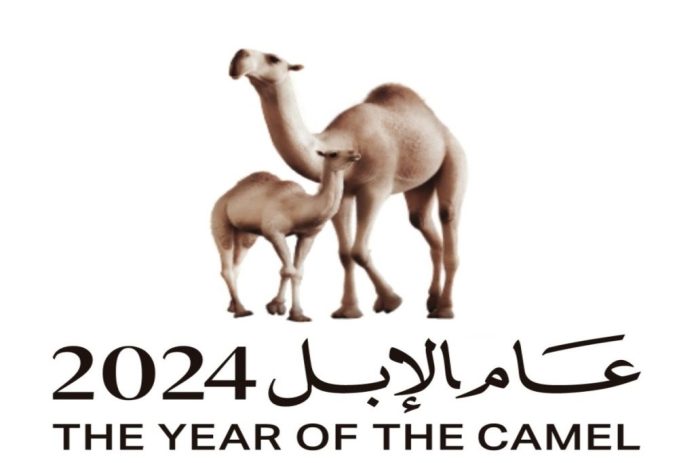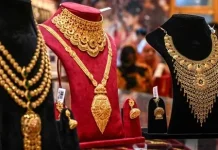The grant targets modern studies on camels, focusing on their historical, cultural, social, economic, environmental and health importance.
She declaredMinistry of CultureIn cooperation withMinistry of Environment, Water and AgricultureAnnounced the launch of the Camel Studies Scholarship, as part of efforts aimed at enhancing interest in camels and their role in cultural, social and economic life through specialized scientific research.
This announced grant came on the occasion of naming the year 2024 as “Year of camels“Nationally, in conjunction with the decision of the United Nations General Assembly to designate the year 2024 as the International Year of Camelids.
The scholarship aims to explore camel-related topics through recent developments in concepts, theories and methodologies, and to contribute to filling the research gaps in this field. It also seeks to develop new technologies and applications that enhance the cultural and economic value of camels, and support research excellence in relevant theoretical and applied studies.
The scholarship accepts research proposals in historical, cultural, social, economic, environmental and health fields, and encourages interdisciplinary studies that address contemporary challenges such as climate change and food security. These areas include:
- Historical field :
- Historical and ethnographic studies related to camels.
- Comparative studies between camels and their importance in different civilizations.
- Research on archiving cultural heritage associated with camels, archiving policies and techniques used.
- Cultural field :
- Critical and literary studies about camels in Arab and Saudi literature and children’s literature.
- Lexical studies on camel vocabulary.
- Studies on representations of camels in visual and cinematic arts, inscriptions and rock arts.
- Social field :
- Studying the status of camels in Arab and Islamic societies.
- Studying the status of camels locally, their social impact, and the connection to their ownership and belongings.
- Study the impact of national camel events on local and global communities, such as camel racing and the Mazayen Camel Festival.
- Economic field :
- Studies on the economic contribution of camel products such as wool and leather to fashion and furniture.
- Researching ways to sustain the economic impact of camels and their products.
- Studies measuring the economic impact of camels before and after the launch of camel festivals and the institutions associated with that.
- Environmental field :
- Studies related to sustainable environmental development in land use and carbon dioxide emissions in camel grazing.
- Studying the role of camels in the agricultural ecological balance of arid lands.
- Study the environmental impact of camel breeding and devise scientific methods to address it to achieve environmental sustainability.
- Health field :
- Studies related to camel products and their medical and therapeutic effects.
- Studies that contribute to developing technology for measuring the quality of camel meat.
- Studies on the genetic map of camels and preserving and documenting their breeds.
Those accepted to the scholarship receive financial support in addition to scientific guidance through specialized committees that supervise and follow up on the progress of research, help in obtaining the necessary sources, and facilitate scientific publishing. The grant amount will be disbursed in three installments:
- 40% upon acceptance of the scientific proposal and issuance of the granting decision.
- 40% upon submission of the completed draft after its approval by the Scientific Committee.
- 20% after making the amendments required by the referees and accepting publication in one of the approved periodicals.
According to the Ministry of Culture website, applications for the camel research grant are made through the platform designated for this purpose.




